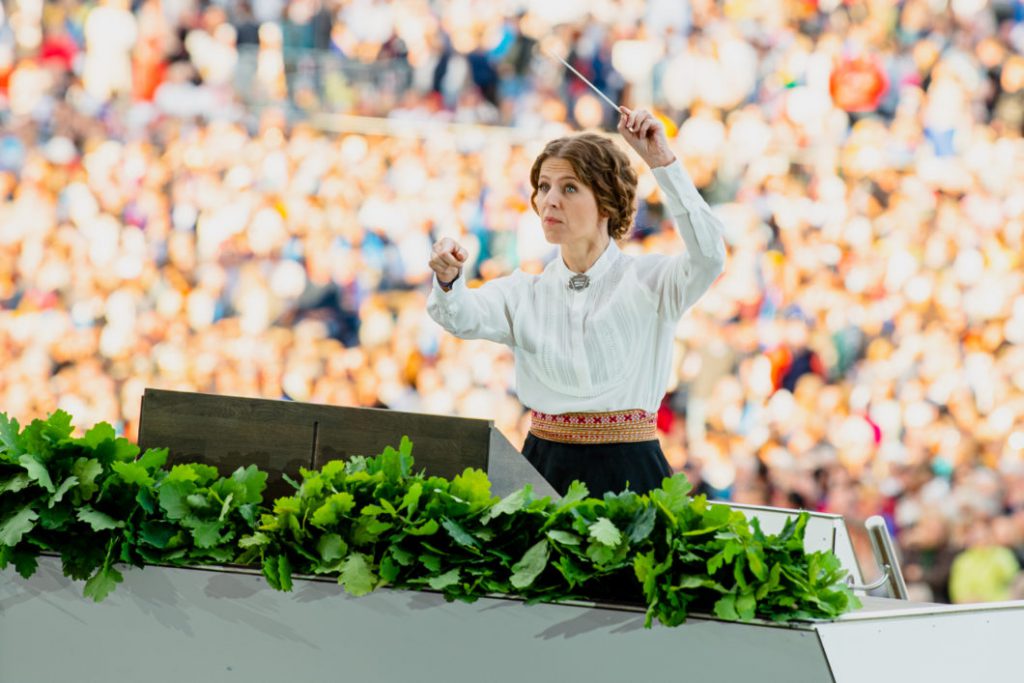For the International Women’s Day, Estonian World has since 2015 highlighted some of the most outstanding Estonian women on the global stage – this is our take in 2020.
It is important to emphasise that this is not the ultimate list of the most important Estonian women in the world. There are many others who work hard and stand out. Merely, we have brought out the names of Estonian women who have a larger-than-usual clout and impact outside Estonian borders and help to put the name “Estonia” on the lips of more people around the world.
Roberta Einer
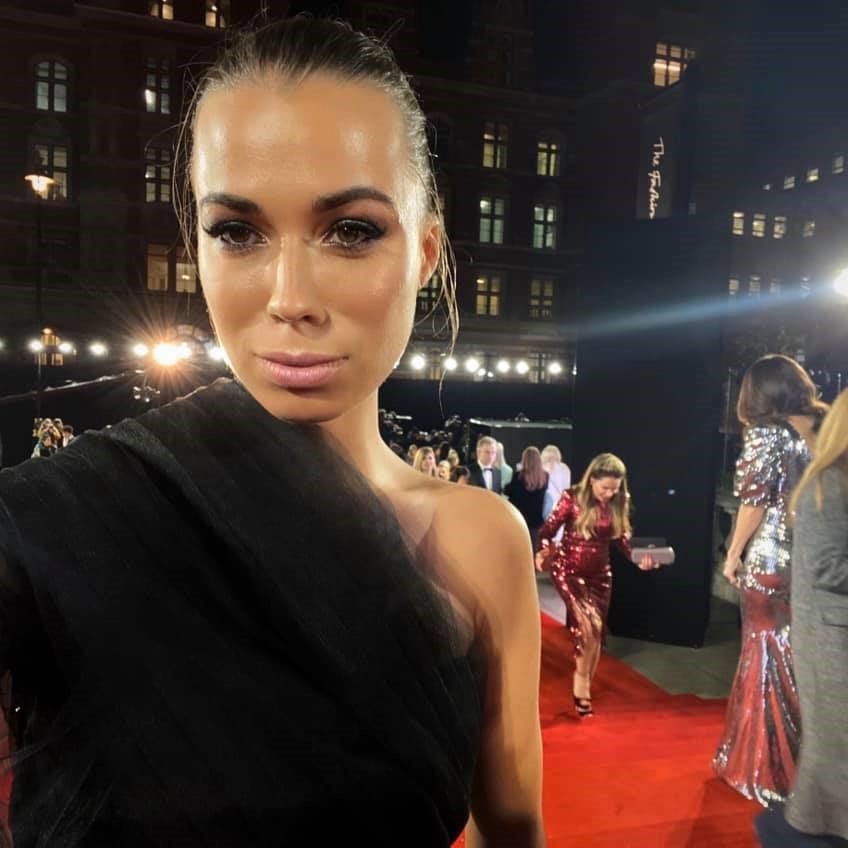
The London-based Estonian fashion designer, Roberta Einer, created her first fashion collection as an eleven-year-old. Today, her designs are sold in various department stores and boutiques in China, Korea, Dubai, Kuwait, Saudi Arabia, Italy, the UK and the US, including Saks Fifth Avenue in Manhattan, New York City. The jackets she has designed cost as much as €2,000 a piece and her dresses have been worn by celebrities such as the British singer-songwriter, Rita Ora, for example.
Einer spent a year working in Paris with Olivier Rousteing at Balmain as an intern and a print and embroidery assistant, and also interned at Mary Katrantzou and Alexander McQueen before graduating from London’s Westminster University in 2015 and launching her own label.
Her signature style is characterised by maximalist embellishments and illustrative, tonal embroideries. In an interview with the Daily Telegraph, a British broadsheet, Einer said that while she learned her trade at the ateliers of some of the world’s best designers, she attributed her interest in embroidery to her Estonian grandmother.
Anne Kahru
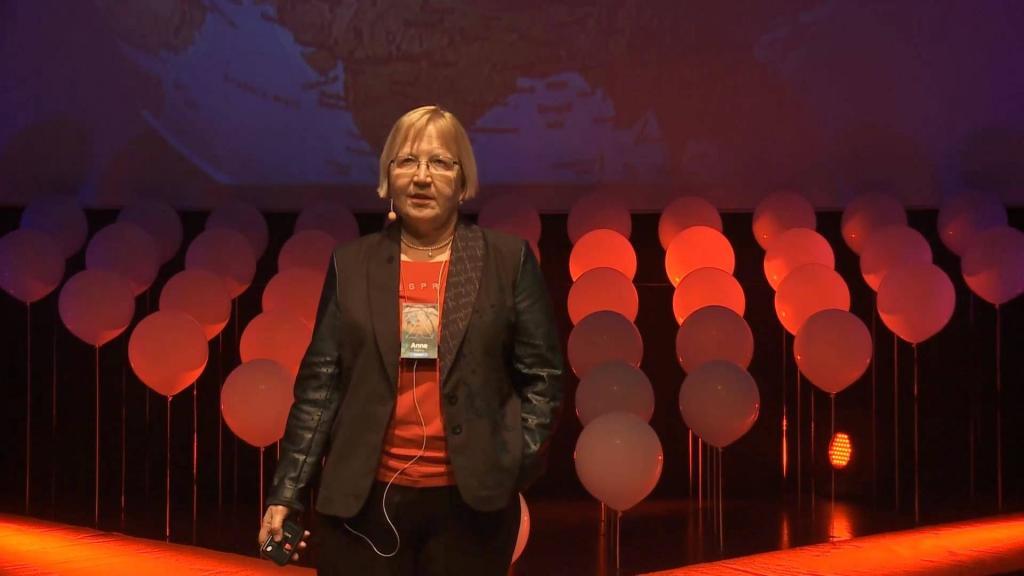
Anne Kahru, the Head of the Estonia’s Laboratory of Environmental Toxicology, is among the world’s most influential scientists, according to Clarivate Analytics. The list compiles researchers who rank in the world’s top 1% highly cited researchers for their field. For the second year in a row, the 2019 list included Kahru.
Back in 2008, her lab was among the first ones in the world in nanoecotoxicological studies of metal oxide nanoparticles. “Synthetic nanoparticles have been already included in various consumer products (cosmetics, sunscreens, socks, and even underwear). However, relevant toxicological and ecotoxicological information is often misleading. Thus, human exposure to nanoparticles is a real concern,” she told ScienceWatch.com in an interview at the time. Nanotoxicology – the study of the toxicity of nanomaterials – is still her main research interest.
Kahru is also one of the six female members of the Estonian Academy of Sciences.
Kersti Kaljulaid
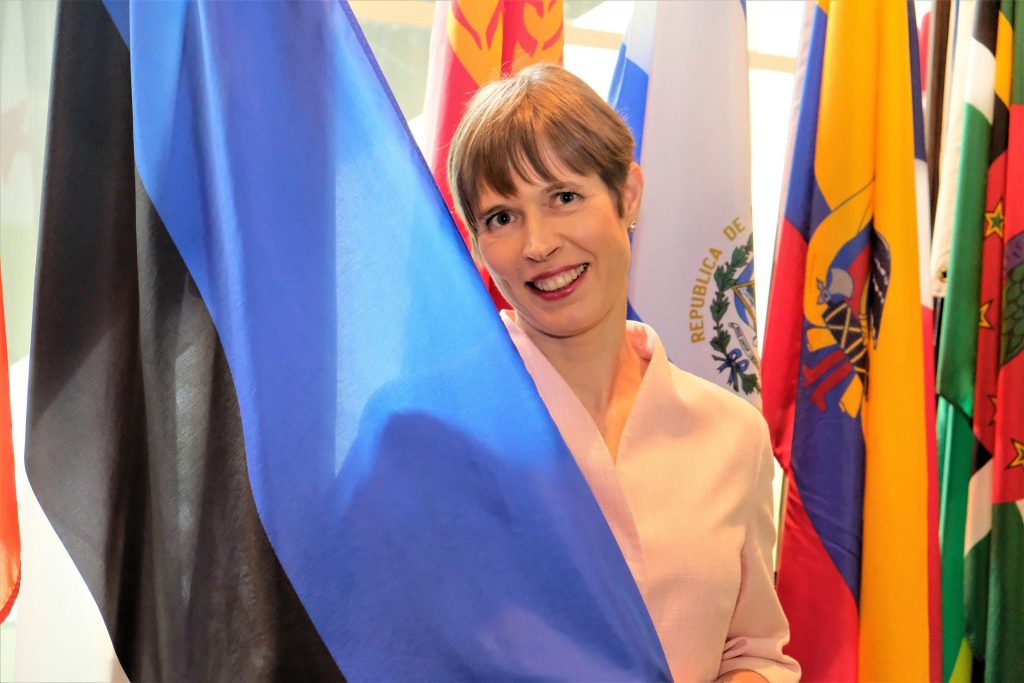
The current Estonian president, Kersti Kaljulaid, doesn’t really need introduction. She is the first female head of state of Estonia since the country declared independence in 1918, as well as the youngest ever president – she was 46 at the time of her election.
She’s not a career politician, having served as Estonia’s representative in the European Court of Auditors from 2004 until 2016. She was a member of the centre-right Pro Patria party until 2004, and after that she hasn’t been a member of any political party.
Kaljulaid has said that her world view is liberal conservativism; she has supported conservative economic policy, but in many social issues – like LGBT rights and immigration – she’s expressed liberal views. She’s also posited that the state should financially support rather the weaker than the stronger, and that the stronger should use the liberties granted by the state and help themselves.
She has been a vocal critic of the current Estonian coalition government, especially the far-right, populist Estonian Conservative People’s Party and its inclusion in the coalition. In a speech given at the opening session of the XIV Estonian parliament, Kaljulaid said that if we allow our freedoms and values to be attacked – an indirect reference to the rhetoric used by the Conservative People’s Party leaders – then our democracy will also soon be in crisis.
In 2017, she became the first Estonian to be featured in the Forbes magazine’s list of The World’s 100 Most Powerful Women, placed at 78th, and came 22nd among the most influential female political leaders.
Mari Kalkun
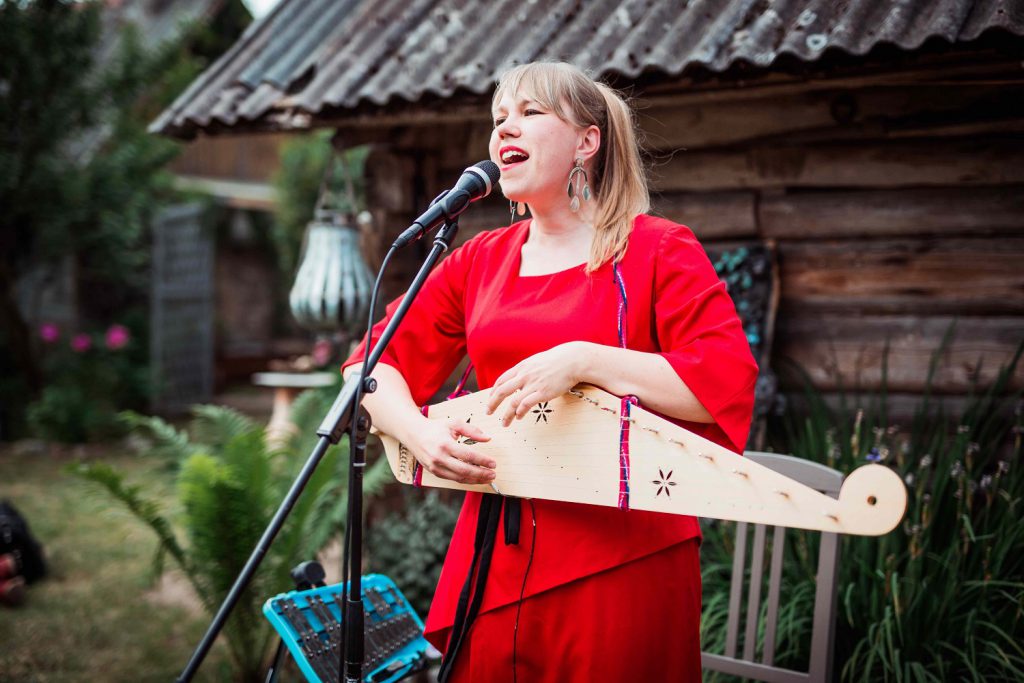
Singer-songwriter Mari Kalkun relies in her work on her southern Estonian roots, singing in the Võro dialect. Her songs are inspired by nature, Estonian poetry and folk music. For making music and accompanying herself, she uses the kannel, the piano, the accordion and the guitar, but sometimes also pipes, whistles and various experimental instruments.
While most of the Estonian pop and rock artists have struggled to attract even the tiniest of attention abroad, Kalkun has been on a radar of the international music press for some time. In 2018, the Guardian included Kalkun’s third album “Ilmamõtsan” among the 10 best world albums in 2018 – a list otherwise dominated by African, Middle Eastern and Caribbean artists.
But Kalkun has not merely caught the attention of international (folk) music journos – she has toured in countries across Europe, America and Asia. In 2019, audiences in Germany, Luxembourg, Belgium, Finland, the UK, the US and Japan had a chance to see her live performances.
Kaja Kallas
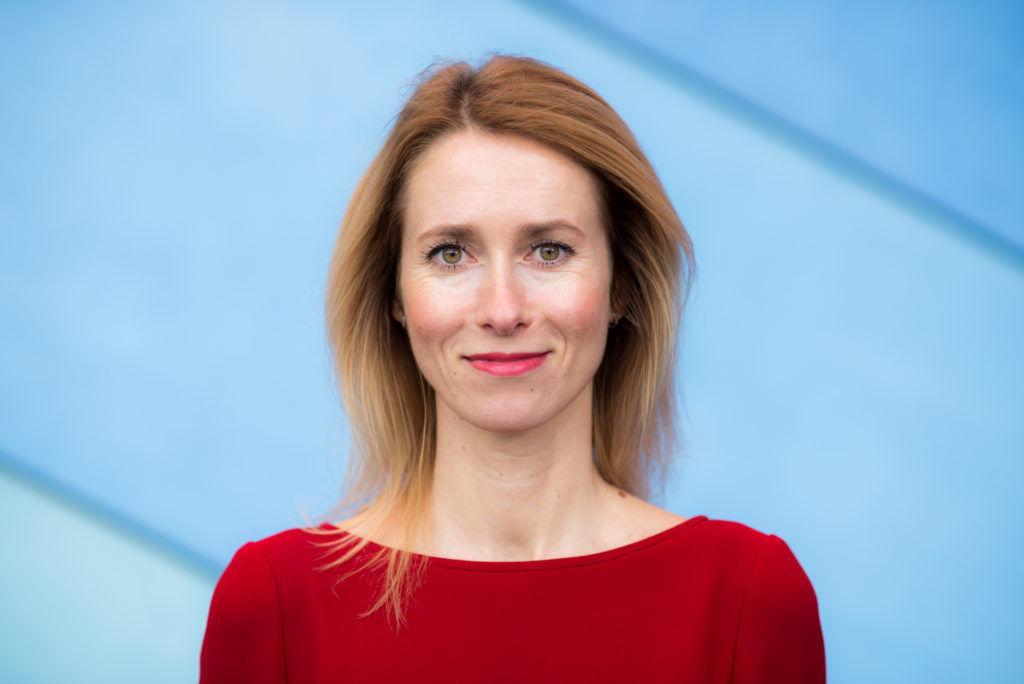
The current chairwoman of the Estonian centre-right, classical-liberal Reform Party, Kaja Kallas should’ve become prime minister after the 2019 general election as the leader of the winning party. However, that didn’t happen, as the incumbent prime minister, Jüri Ratas, whose centre-left Centre Party technically lost the election, was still able to form a governing coalition with the centre-right Pro Patria party and the far-right, populist Estonian Conservative People’s Party.
Had Kallas become prime minister, the country would’ve been led entirely by women – as the Estonian president, Kersti Kaljulaid, is also female. However, since the political games played by Ratas, she and her party were left to sit in the opposition.
Before re-entering the national politics of Estonia, Kallas served as a member of the European Parliament from 2014-2019. In April 2019, the Politico magazine picked her as one of the 40 members of the European Parliament “who mattered in 2014-2019” in the European Union. “A competition lawyer, Kallas shone brightly in her time as an MEP, developing a high profile on the tech brawls that came to dominate the Parliament’s agenda,” Politico said.
Riina Kionka
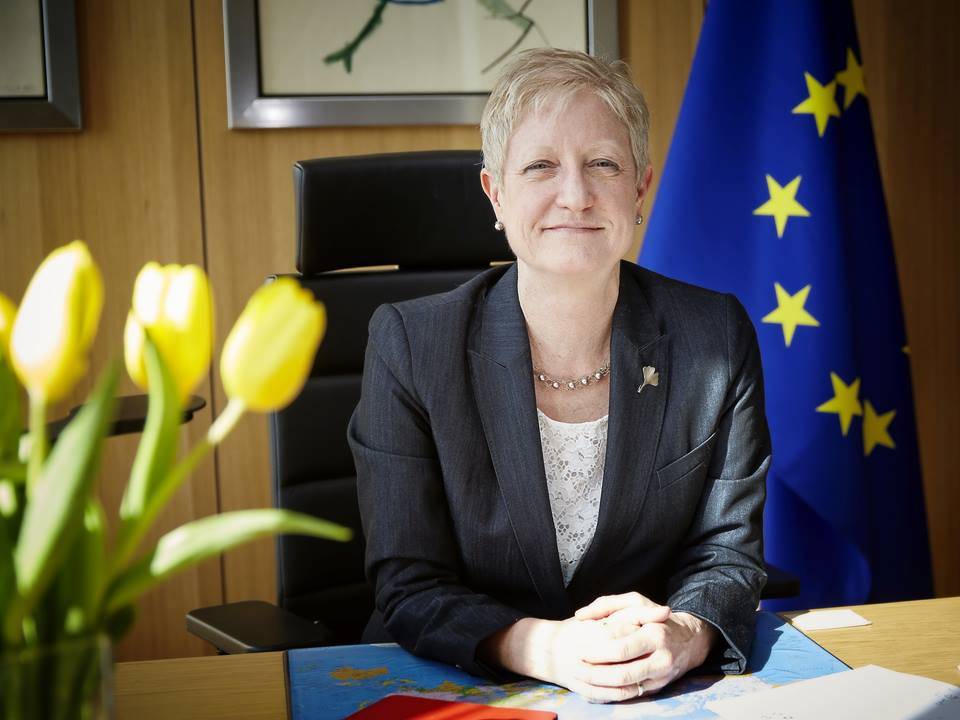
An Estonian-American – born in Detroit, Michigan – Riina Kionka says she’s an accidental diplomat who, as a kid, wanted to be a musician and a conductor. However, fate had other plans for her. In high school, she decided she “didn’t want to spend the hours in dingy, windowless basement practice rooms” – and she decided to choose a career in international relations.
She worked as an analyst at Radio Free Europe before joining the Estonian Ministry of Foreign Affairs in 1993. Kionka was Estonia’s ambassador to Germany from 2000-2004; in 2005, she joined the Council of the European Union where she headed a unit dealing with transatlantic relations and the United Nations. In 2007, she became Javier Solana’s special representative on human rights and in 2014 she joined Donald Tusk’s cabinet as chief foreign policy adviser.
Last October, she assumed her new post as the European Union’s ambassador to the Republic of South Africa. Federica Mogherini, the European Union’s foreign policy chief, appointed her to the post on 9 October.
Kionka told Estonian World that her overarching task in South Africa is to represent the EU and its policies to the host government as well as to be “the eyes and ears of Brussels” in South Africa.
Anett Kontaveit
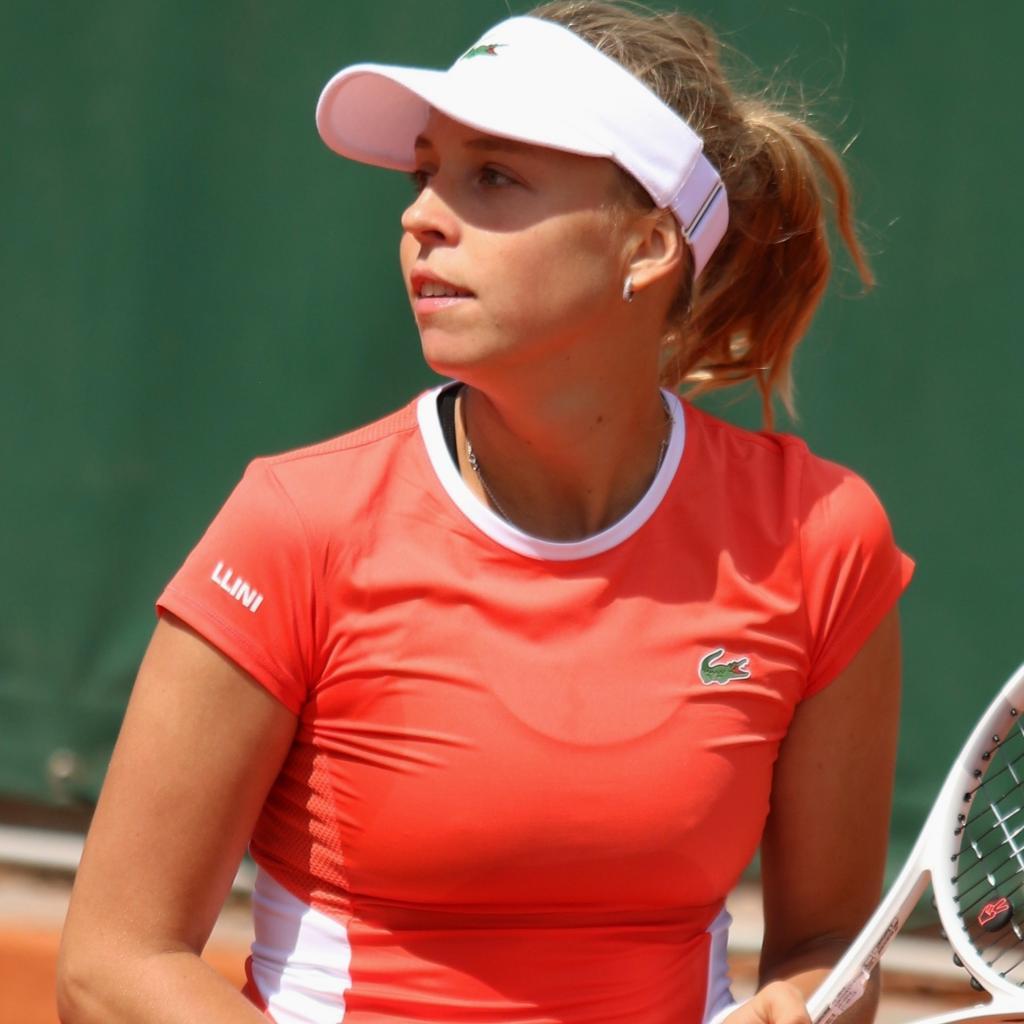
Anett Kontaveit is an Estonian professional tennis player. She started training when she was six years old and three years later won her first title. In 2009, Kontaveit won the Estonian women’s championship – at 13, she was the youngest ever to win the adult championship in singles.
Her international breakthrough came in 2011 when she started to play in the ITF women’s tournaments. At her first grass tournament of 2017, the Ricoh Open, Kontaveit reached her second final of the year. In that final, she clinched her maiden WTA title and ensured a top 40 debut. On 1 October 2018, she reached her best singles ranking of No 21 after finishing runner-up at the 2018 Wuhan Open.
In 2019, she defeated Maria Sharapova in an epic two-hour and forty-minute match at the Rogers Cup, and also won a match against Carla Suárez Navarro. At the US Open, she opened the tournament with a win against Sara Sorribes Tormo.
Kontaveit began her 2020 season at the Brisbane International, defeating Hsieh Su-wei but losing to Kiki Bertens. At the Australian Open, she defeated Astra Sharma and Sara Sorribes Tormo, and then also Belinda Bencic, losing only one game, to reach the fourth round for the second time in her career. With her win in the fourth round against Polish teenager Iga Świątek, she became the first Estonian to reach a quarterfinal at the Australian Open.
Mirjam Mesak
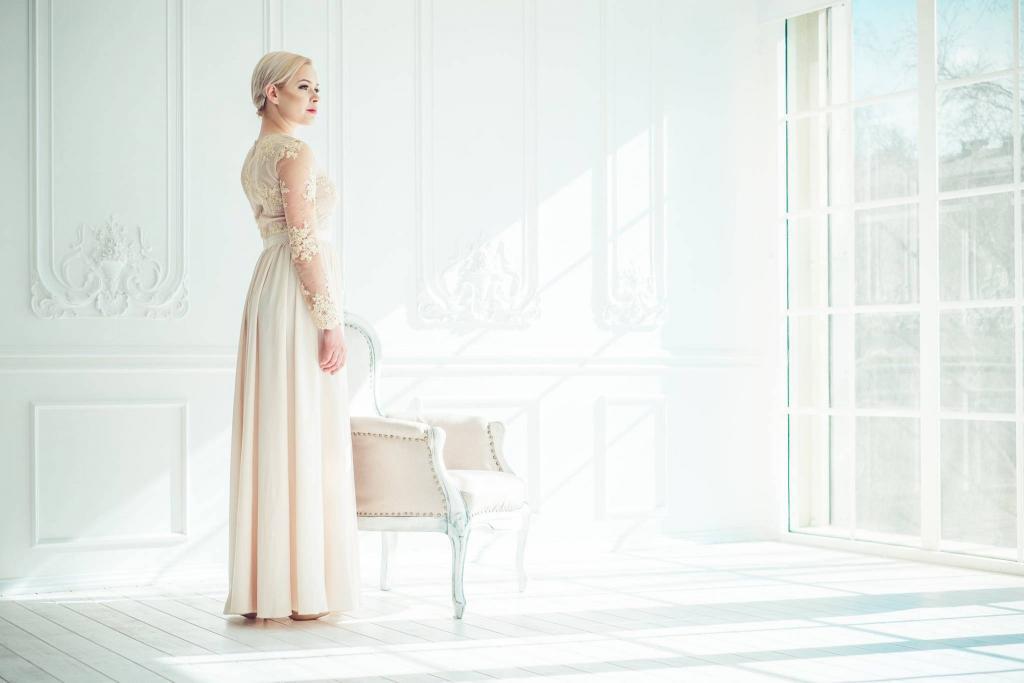
Mirjam Mesak, the Munich, Germany-based Estonian soprano, is a rising star in Europe. Last autumn, she was awarded with the Bavarian Art Prize 2019 in the “Performing Arts” category. The prize is awarded by the Free State of Bavaria, an influential federal state of Germany, in the fields of fine arts, performing arts, music and dance and literature on the proposal of juries.
Mesak was born in 1990 in the Estonian capital, Tallinn, where she studied at a local music school. She received both her bachelor’s and master’s degrees in voice from the Guildhall School of Music and Drama in London. Since 2018, she has been a member of the Opera Studio at the Bavarian State Opera in Munich.
The young Estonian soprano has performed as a soloist at several of London’s renowned concert halls, such as the Barbican Hall, the Milton Court Concert Hall and the Wigmore Hall. Her current season at the Bayerische Staatsoper includes roles such as Juliette (Die Tote Stadt), Taumannchen (Hänsel und Gretel), Esmeralda (Die verkaufte Braut), Xenia (Borid Godunov), Mignon (Mignon) and Gianetta (L’elisir d’amore). Her concert highlights include Beethoven’s 9th with the Nuremberg Symphony Orchestra and Kahchun Wong.
Katja Novitskova
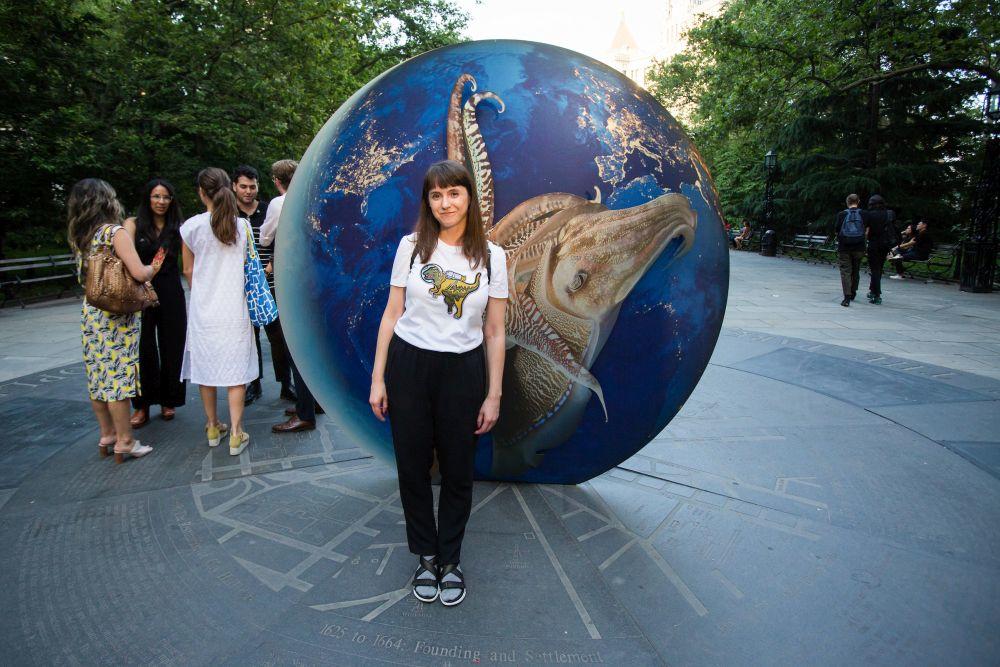
The Berlin-based installation artist, Katja Novitskova, is internationally one of the most successful Estonian artists of the recent times. Her work focuses on the issues of technology, evolutionary processes, digital imagery and corporate aesthetics.
Born into an Estonian-Russian family, Novitskova studied semiotics at the University of Tartu in Estonia before earning her master’s in digital media at the University of Lübeck in Germany. She also studied graphic design in Amsterdam. Over the last ten years, she has had personal exhibitions in Shanghai, New York City, Hamburg, Berlin and London.
In 2019, she was one of the four nominees for the “Preis der Nationalgalerie” – Germany’s most prestigious prize for young artists, given every two years to an artist under the age of 40 who lives and works in Germany.
Kristiina Poska
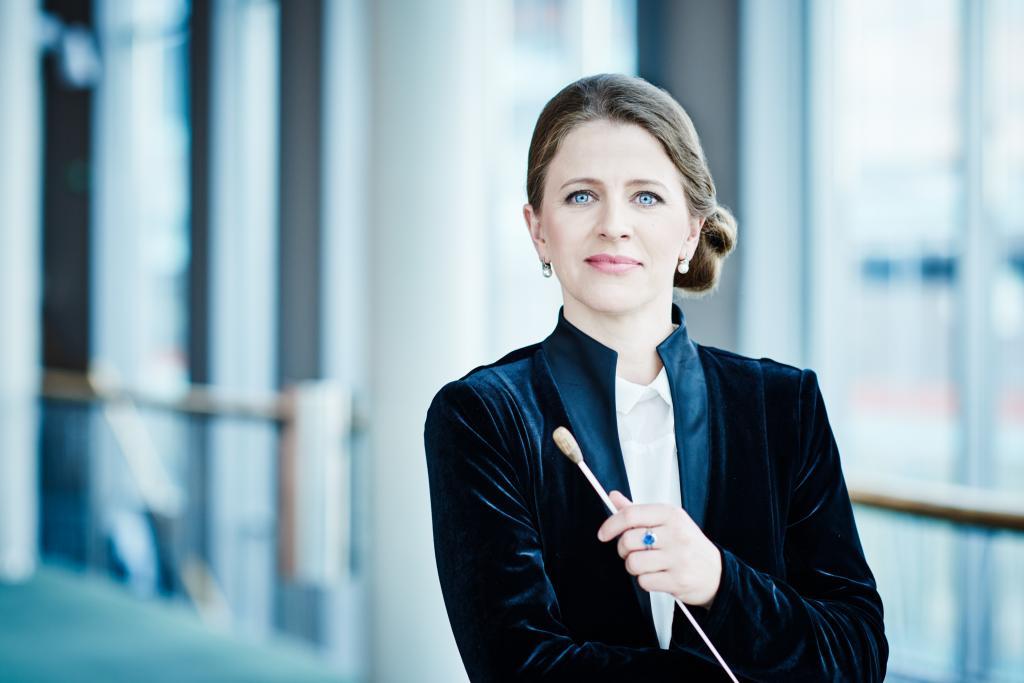
One of the busiest female conductors in the world, Kristiina Poska is the music director of Theatre Basel (Switzerland) and the chief conductor of Flanders Symphony Orchestra (Belgium). Last year saw Poska also debut with English National Opera.
Poska was born in a small town of Türi, the “spring capital” of Estonia, known for its flower festival. Her musical career began when she was eight years old, when she started to play the piano. She studied choral conducting at the Georg Ots Tallinn Music College and the Estonian Academy of Music and Theatre, before moving to Berlin, where she studied at the Berlin University of the Arts and at the Music Academy Hanns Eisler.
Her subsequent career saw her becoming a principal conductor of the Cappella Academica, the symphony orchestra of the Humboldt University Berlin, which gave her the opportunity of regular performances at the Konzerthaus Berlin. Engagements at Neuköllner Oper Berlin, Koblenz Theatre, Brandenburg Theatre and Komische Oper Berlin (where she worked as First Kapellmeister) followed, making her very much in demand.
One of the classical reviewers once noted that “wherever young Kristiina Poska appears on the podium, she thrills and convinces with her exceptional musicality and her impressive, highly distinguished conducting”.
Piret Raud
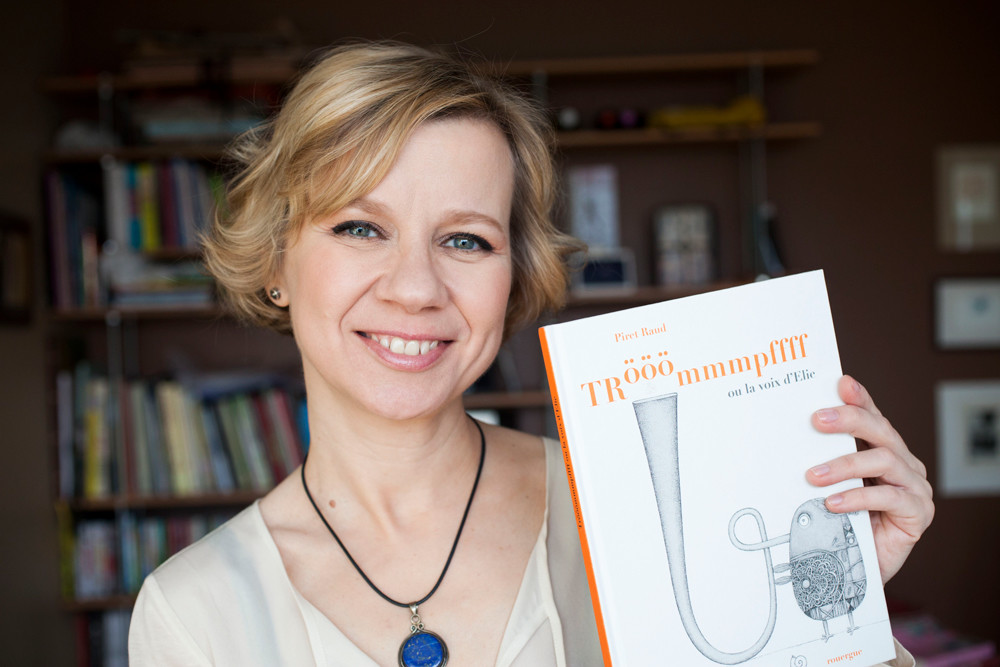
Piret Raud is a contemporary Estonian children’s writer and illustrator, and the most-translated Estonian contemporary author.
She graduated from the Estonian Academy of Arts in graphic art and initially set off on the same path. After trying her hand at writing, Raud has since become the most-renowned and most-translated children’s author in Estonia. She has written about 20 titles, has been translated into 14 different languages, and has illustrated more than 50 titles.
The most translations of her books have been published in French, but her creations have also found their way onto the bookshelves of the people of Italy, Japan, Korea, Albania, Russia and Hungary. In 2019, Raud’s book, “The Ear”, was also translated to English and published by the well-known British publishing house, Thames & Hudson. She has also received at least 20 awards for her work, most recently the Good Children’s Book award in 2018 for her book, “The Story of the Little House Who Wanted to Be a Home”.
Raud hails from a well-known Estonian literary family – she’s the daughter of children’s authors Eno Raud and Aino Pervik.
Kelly Sildaru

The Estonian freestyle skier, Kelly Sildaru, is the youngest – and the shortest and the lightest – athlete ever to win a gold medal at the Winter X Games, world’s leading extreme sports competition, held annually in Aspen, Colorado. That happened in 2016, but her story didn’t stop there.
In 2017, she defended her title from 2016 and at 14, became the youngest to win two gold medals in the X Games. She missed the slopestyle competition at the 2018 Winter Olympics because of injury, but was back in shape in Aspen 2019, setting a new X Games women’s slopestyle record with a score of 99.00 and winning her third gold medal of the competition.
On 26 January 2020, she bagged her fourth gold in the category, bringing her total number of medals at X Games to eight (four of them gold). She also won a slopestyle gold at the Lausanne 2020 Youth Olympic Games in Switzerland on 18 January.
Cover: Kristiina Poska conducting at the Estonian Song Celebration in 2019. Photo by Merili Reinpalu. Please note that the names are in alphabetical order.

